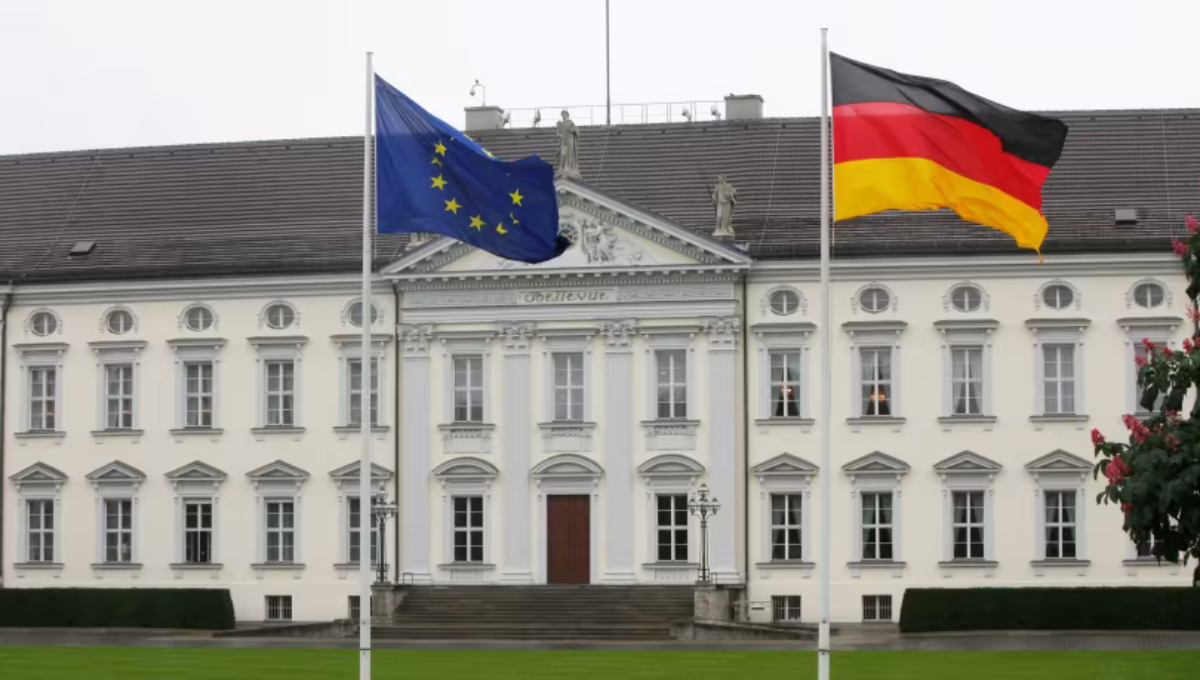The European Union has intensified its efforts to combat money laundering and terrorist financing by introducing a major crackdown involving Germany and 10 other member states. This crackdown is part of the new EU Anti-Money Laundering Package (the AML Package), which establishes robust legislative measures and a new EU Anti-Money Laundering Agency (AMLA) headquartered in Frankfurt. Starting July 1, 2025, these measures mark a pivotal shift in supervising and enforcing anti-money laundering (AML) rules across the bloc, with Germany playing a central role. This detailed report unpacks the crackdown’s framework, implications for Germany, and key regulatory changes in the AML landscape.
EU’s AML Package and New Supervisory Authority
The AML Package, adopted by the EU in 2024, consists of four key legislative acts reshaping how member states fight financial crimes. The centerpiece is the establishment of the AMLA, a specialized supervisory agency tasked with overseeing high-risk financial entities across the EU. From mid-2025, AMLA gains direct and indirect supervisory powers, including the ability to intervene with immediate measures in risk scenarios. While its focus is primarily on the financial sector, AMLA will also coordinate with national authorities and financial intelligence units (FIUs) in the nonfinancial sector, ensuring a harmonized pan-European approach to tackling money laundering.
The Package also harmonizes rules relating to financial transparency, transaction reporting, crypto-assets, and cash handling:
- Transfers of crypto assets above €1,000 will require more transparency to prevent concealment.
- Cash payments exceeding €10,000 across the EU will be banned, and transactions between €3,000 and €10,000 will require identifying the business partner.
- Football clubs and agents will be newly classified as obliged entities, needing compliance structures by 2029.
Germany’s AML Framework and Recent Enhancements
Germany, as Europe’s largest economy and an EU powerhouse, holds significant importance in the AML crackdown. Its financial and industrial strength, combined with a complex economic structure and preference for cash, has historically created vulnerabilities for money laundering risks. To counteract these, Germany has adopted extensive AML laws encapsulated in the Money Laundering Act (Geldwäschegesetz, GwG) and maintained strict oversight through its Federal Financial Supervisory Authority (BaFin) and FIU (Zentralstelle für Finanztransaktionsuntersuchungen, ZFI).
In 2025, Germany further enhanced its AML regime significantly. The Central Office for Financial Transaction Investigations published the German Money Laundering Act Reporting Ordinance (GWGMeldV) aimed at improving the quality and consistency of suspicious activity reports sent to the FIU. This measure attempts to streamline report processing and enhance analytical capacities, addressing the challenge of excessively high and inconsistent suspicious activity reports by obligated entities.
From February 1, 2025, BaFin issued updated guidelines to tighten AML interpretation and application under the GwG. These amendments emphasize stronger compliance, clearer procedures, and enhanced risk assessment practices for financial institutions and other obligated entities. Additionally, Germany is expected to implement EU-wide AML regulatory frameworks, including replacing some local provisions with directly applicable EU regulations by 2027.
Implications for Businesses and Financial Institutions in Germany
The AML crackdown will impact a broad range of obliged entities in Germany, including banks, insurance companies, real estate agencies, and newly added sectors like football clubs and agents. With stricter reporting standards, enhanced due diligence, and stronger supervisory powers, businesses must upgrade their AML compliance frameworks.
Key areas businesses will need to address include:
- Implementing robust customer due diligence aligned with the EU’s uniform standards.
- Adopting eIDAS-compliant digital identification methods in lieu of older verification techniques.
- Enhancing internal transaction monitoring systems for rapid identification and escalation of suspicious activities.
- Preparing for direct supervision and spot interventions from AMLA, working alongside BaFin and FIU authorities.
EU-Wide Efforts and Germany’s Leading Role
Germany’s role goes beyond national boundaries; as host to AMLA and a major financial hub, it is central to the EU’s intent to unify and tighten AML measures. The establishment of AMLA in Frankfurt strengthens cross-border cooperation, ensuring that member states, including Germany, align their regulatory enforcement efforts and share intelligence efficiently.
This crackdown is part of a broader EU commitment to safeguarding the financial system against illicit funds and protecting the integrity of the single market. By harmonizing laws and creating a centralized authority, the EU aims to mitigate gaps and divergences that previously allowed criminals to exploit national discrepancies.
Starting July 2025, Germany joins 10 other EU member states in escalating anti-money laundering enforcement under the newly enacted AML Package. With the launch of the AMLA and strengthened national frameworks, Germany stands at the forefront of this crackdown. Businesses operating within the country must prepare for intensified scrutiny, higher reporting obligations, and advancing compliance standards, reflecting a broader EU-wide push to clamp down on money laundering and terrorist financing activities.


